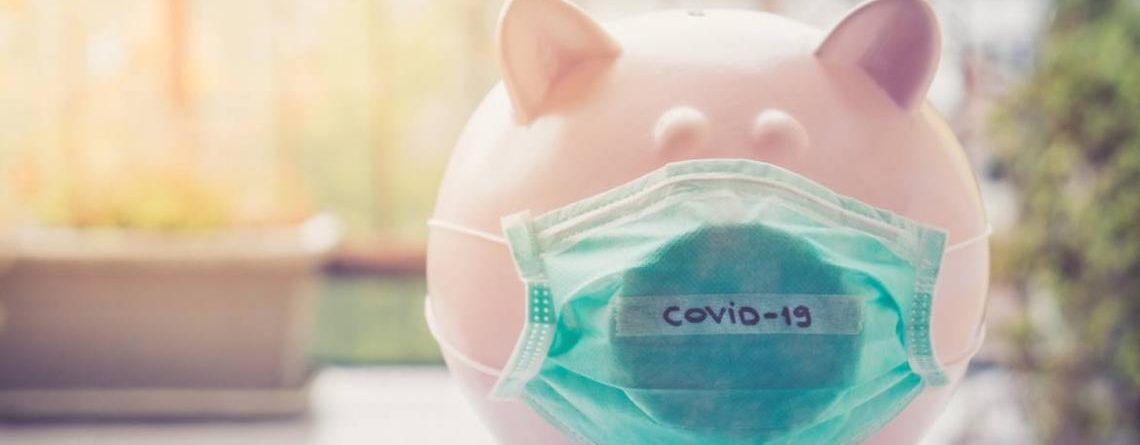Saving Through a Crisis: How LMI Retirement Plan Participants Are Weathering COVID-19
By Warren Cormier, DCIIA, Nick Maynard & Sylvia Brown
In the months since the outbreak of COVID-19, the pandemic has continued to expose and exacerbate cracks in people’s financial lives. In our latest research, Commonwealth partnered with the Defined Contribution Institutional Investment Association’s (DCIIA) Retirement Research Center on a series of surveys to better understand how low- to moderate-income (“LMI”) plan participants are handling their retirement savings during the pandemic and the impact to their financial security.
Read on for four key findings from our first survey1 in this series and how plan sponsors (employers) and record keepers can help people keep their retirement contributions where they belong.
1. Having little or no liquid savings increases the likelihood that participants will take a negative action in their retirement savings: A regression of the survey results2 found that respondents with lower levels of liquid savings are more likely to have taken or plan to take a 401(k) or hardship withdrawal or to pause or reduce contributions. The same regression shows that older plan participants, who are closer to drawing on their savings for retirement, and respondents who receive a full employer contribution match (and therefore would lose out on “free money” if they reduced or stopped their contributions) are less likely to take negative retirement actions.
2. However, so far, few LMI 401(k) participants have tapped their accounts: Only 5% of respondents had withdrawn from their account thus far, but 7% plan to do so in the coming weeks. Respondents are more likely to have paused or stopped contributions (10%) than stopped paying bills (8%), borrowed from friends or family (7%), or sold any possessions (7%). Other surveys have shown that about 20% of furloughed and 50% of laid off employees plan to tap their retirement savings, and our own survey found that 8% of people with reduced income have withdrawn from their account, versus 2% of those with unchanged income.
Source: Common wealth











